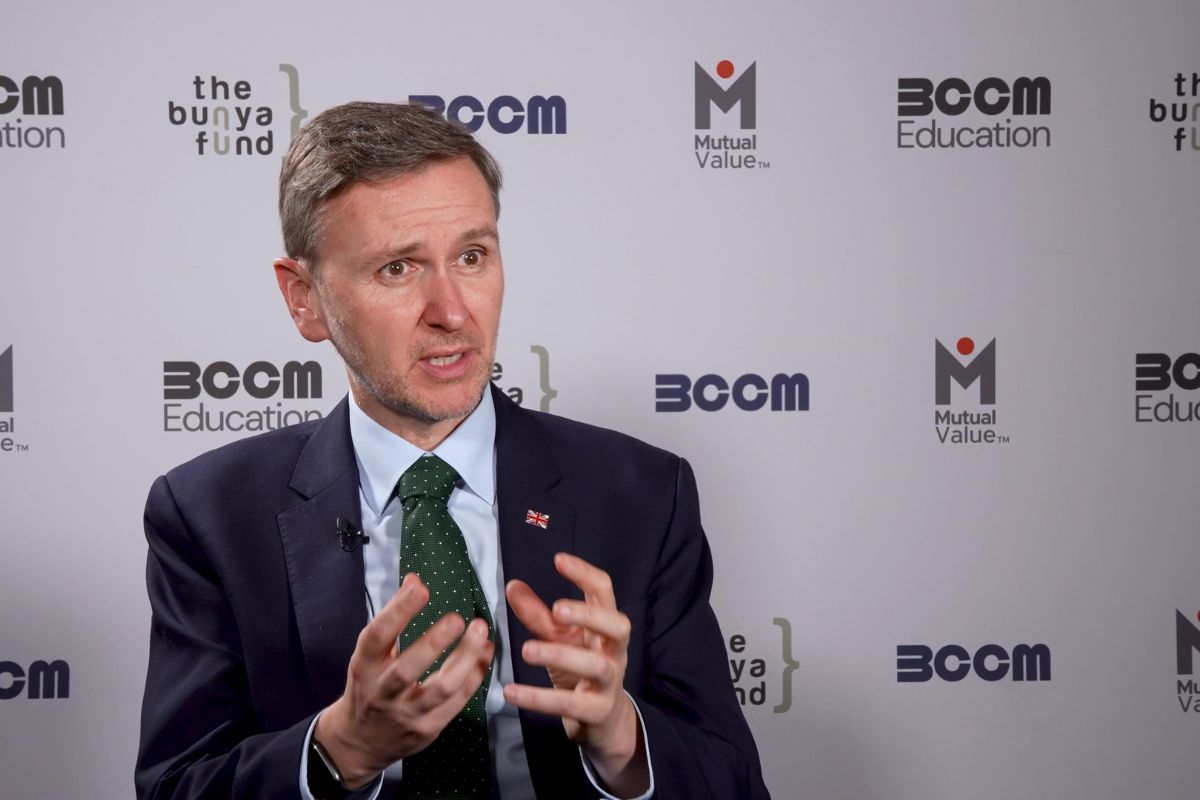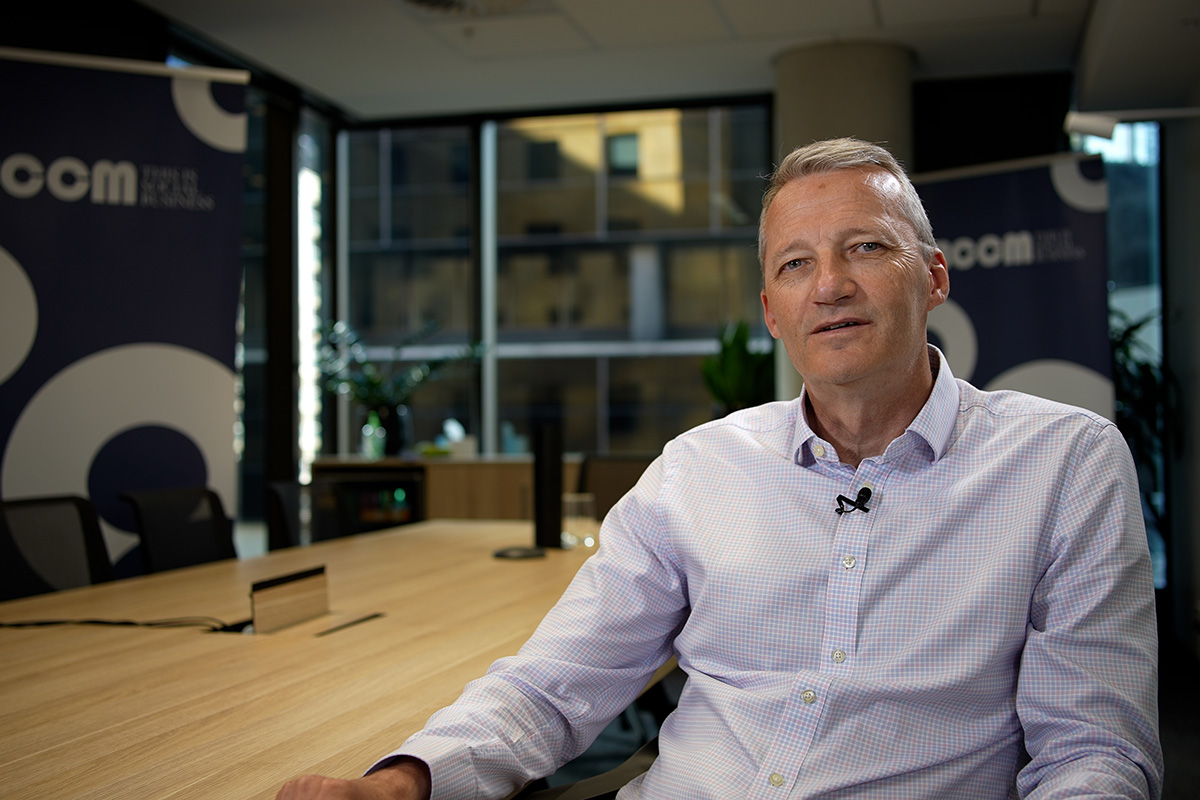How did you get here?
"I've been in the industry for over 30 years, starting at Pepsi Cola Bottlers which then sold to Lion Nathan. I spent just under 10 years with them, then moved over to Coopers Brewery, a lovely family and beautiful beers.
They were about a 24 million litre business when I started, and by the time I finished, it was close to about an 80 million business.
I was there for 15 years, but over the years as a supplier, I dealt with ILG, looking after the wholesaling aspect.
I was approached about two years before I accepted the role at ILG.
I was pretty happy at Coopers, it was a wonderful place to work ... and when I turned 50 and they approached me again and I just thought ‘I need a change. I would like to try something different.
And I accepted the role and have been there for eight years now.
How do you compete?
“We are the second biggest liquor wholesaler in Australia, behind Metcash, which is about $4.5 billion in revenue.
ILG has grown for sure, in 2017 our turnover was about $222 million and now we are forecasting annual revenue about $555 million this year.
In the same period we have gone from about 800 members to probably just over two thousand members.
We give back to our members in cash and non-cash benefits over $20 million a year, so we work on real lean margins as a business.
Growth is the first objective for ILG as it should before any organisation. Our three pillars are to hold our current customer base, invite new members to join the co-operative and then just provide as much back to our members. I think ILG has done that successfully since 1975.
We're at a space now, obviously with technology and things like that, where we can probably progress a lot faster.
And the role of the BCCM is to help us with governments to navigate through all the red tape to assist us to get to that next level.
The ‘lightbulb’ moment for co-ops
“Joining ILG has been deep dive into the co-op sector. Probably the only involvement I had with the co-op sector prior to that was being was a member of the NRMA in the early days or credit unions and things like that.
As a supplier we were aware of co-ops but probably didn't look into it too deep. And I think that's the issue we've got today.
It is satisfying when a potential member has a lightbulb moment and it’s like ‘why didn't I do this sooner?’
Everything we do is give them (our members) a reason to stay, but also to recruit and give potential members reasons to join.
It's getting easy as time goes on because there's a lot of consolidation in the markets.
We're finding that people are realising it and especially with cost pressures they are looking for any advantage and we're invited to the table more often.
A year to celebrate
With our anniversary this year and also with the BCCM organising the IYC (International Year of Cooperatives) around Australia, part of our messaging is going to be celebrating the importance of being part of the co-operative movement over the years.
And we think that's a great recruitment tool.
We're hoping that drives enough curiosity where people will think, ‘well, you know, maybe I should look at this. What is in it for me. I am not just an account holder, I am a stakeholder.'
AI, clicks and foot traffic
“Today with e-commerce, everyone has the opportunity to be retail, to be honest. We're seeing some small pubs with little bottle shops that, through home delivery and e-commerce networks, can quadruple their turnover.
The impact of AI is still an unknown, but we see it having a bigger role in future including in business analytics.
There is a downside to people shopping on phones when they have an instant price comparison. For us it’s about finding the balance between foot traffic and people who want to shop on their phones. Even so, click and collect is still the biggest transaction. People will order online, they just want the convenience whereas we want people to walk in the store because it is add-on value.
AI will play a bigger role moving forward, e-commerce is huge. Historically we looked at people getting in by foot traffic and now there is a technology where it is click traffic, so we have to balance both.
ILG on the move
“Our main opposition is obviously Metcash or other smaller wholesalers. We service up and down the eastern seaboard with an appetite to move into South Australia as well.
We will eventually get into South Australia because of the group aspect of things as well as membership demand. It will be scalable and not as big as Erskine Park (in Sydney).
We moved into Victoria and we bought a retail store at Bacchus Marsh with a bit of warehouse capacity.
We used that as our platform to get into Victoria. It has worked well and we have probably outgrown it to a certain level. Bacchus Marsh plays a key role in our online proposition not only to ILG members but to anyone who has a liquor licence.
We fund everything through cash flow. We do also talk to the banks but in the past it was funded through Treasury Corp.
With different governments and continuous (and inconsistent) changes it is clear the country needs a national body to help fund and help co-ops progress.
A national scheme would make funding more attractive. At the moment, our growth has been funded out of cash flow.
We own the property at Erskine Park, we outright own Townsville and have the opportunity to buy our new site at Ipswich.
That’s the whole thing with a co-operative where members own their own assets, we want to move away from leased properties.

The market – beer holds its own
“The alcohol market has been flat at best for the last couple of years. We saw a bit of bump during Covid but it is now coming back.
Every sector has gone through its phases but having said that, craft beer has exploded over the last five or six years. There are some wonderful craft beers, and now they've been absorbed by the bigger players.
Wine's probably been that constant. We are also seeing in the ready to drink area the bold flavours in these RTDs, lemon-based pre-mixed drinks which is now the focus of most of the biggest suppliers. Full bottled spirits still play a big role but it's beer that seems to be holding.
But the unfortunate thing for beer is, if you are paying $12 dollars a schooner, that the excise increases mean it is now too expensive.
The demographic fact now is people are coming to this country that aren't big drinkers.
Australia once, at its peak, I think drank over 100 litres of alcohol per capita, and now I think we are down to 82.
%20for%20web.jpg)


